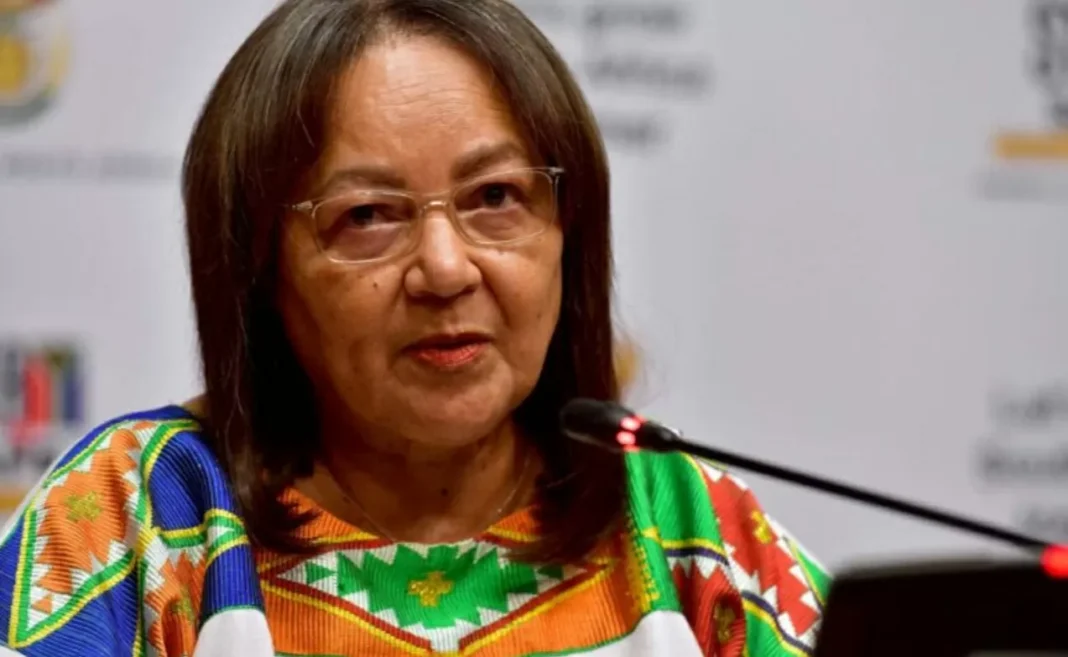South Africa has been making strides in recent years towards gender equality and female representation in politics. In fact, of all its G20 partners, South Africa is ranked second, after Mexico, for its high percentage of women in politics. This is a significant achievement and a testament to the progress that has been made in promoting and empowering women in the country.
According to a report by the Inter-Parliamentary Union, South Africa has a female representation of 42.7% in its national parliament. This is an impressive number, especially when compared to the global average of 24.3%. It is also worth noting that South Africa’s female representation in parliament has been steadily increasing over the years, from 34.8% in 2005 to the current 42.7%.
This achievement is even more remarkable when considering the country’s history of gender inequality and discrimination. During the apartheid era, women were systematically excluded from participating in politics and decision-making processes. However, since the dawn of democracy in 1994, South Africa has made significant efforts to promote gender equality and empower women in all spheres of society.
One of the key factors contributing to the high female representation in politics is the country’s progressive constitution. South Africa’s constitution guarantees equal rights and opportunities for all citizens, regardless of gender. It also includes specific provisions for promoting and protecting women’s rights, including the right to participate in politics and decision-making processes.
Another important factor is the government’s commitment to gender equality and women’s empowerment. In 2009, the South African government adopted the National Gender Policy Framework, which aims to promote gender equality and women’s empowerment in all sectors of society. This policy has been instrumental in creating a conducive environment for women to participate in politics and other leadership positions.
The government has also implemented various initiatives to promote and support women in politics. For instance, the ruling African National Congress (ANC) has a 50/50 gender representation policy, which requires that at least 50% of its candidates for elections are women. This has resulted in a significant increase in the number of women in parliament and other political positions.
Furthermore, the government has also implemented gender quotas in local government structures, which have resulted in more women being elected as councillors and mayors. This has not only increased female representation in politics but has also given women a voice in decision-making processes at the grassroots level.
Apart from government efforts, civil society organizations and women’s rights groups have also played a crucial role in promoting female representation in politics. These organizations have been at the forefront of advocating for gender equality and women’s rights, and have also provided support and training for women interested in entering politics.
The high female representation in politics has had a positive impact on the country’s development and governance. Women bring a unique perspective and experience to the decision-making table, which has resulted in more inclusive policies and programs. They have also been instrumental in advocating for issues that affect women, such as gender-based violence and access to healthcare.
However, despite the progress made, there is still room for improvement. While South Africa ranks second among its G20 partners, there is still a significant gender gap in politics, with men holding the majority of positions. There is also a need for more representation of women from diverse backgrounds, such as women with disabilities and those from marginalized communities.
In conclusion, South Africa’s high female representation in politics is a significant achievement and a reflection of the country’s commitment to gender equality and women’s empowerment. It is a testament to the progress that has been made in breaking down barriers and creating opportunities for women to participate in decision-making processes. With continued efforts and support, South Africa can continue to lead the way in promoting female representation in politics and creating a more inclusive and equal society for all.


